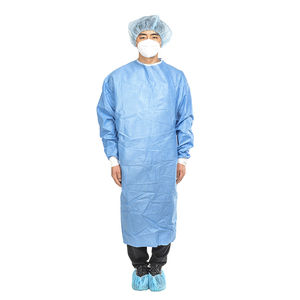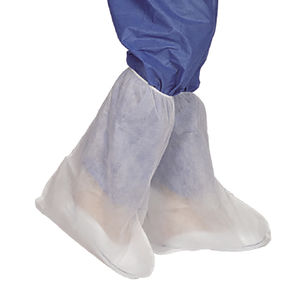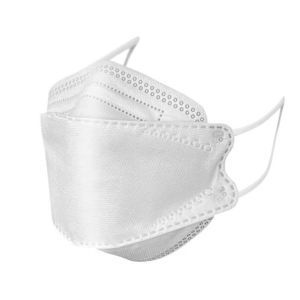
- Company
- Products
- Catalogs
- News & Trends
- Exhibitions
Surgical cap polypropylene

Add to favorites
Compare this product
fo_shop_gate_exact_title
Characteristics
- Type
- close-fitting
- Material
- polypropylene
Description
In medical procedures, maintaining a sterile environment is paramount, and surgical caps play a vital role in ensuring hygiene and safety. This article explores the importance of surgical caps in healthcare settings, considering their role in infection control and hair protection. By understanding the different types of surgical caps and adopting best hygiene practices, healthcare professionals can enhance patient safety and effectively prevent contamination. Read on to discover how surgical caps contribute to maintaining a sterile environment and why they are an essential component in the medical industry.
The Importance of Surgical Caps: Ensuring Hygiene and Safety in Medical Procedures
In the realm of healthcare, maintaining a sterile environment is crucial to safeguard patients and minimize the risk of infections. Among the various protective measures in place, surgical caps are integral to ensuring hygiene and safety during medical procedures. These caps serve multiple purposes, specifically targeting infection control and hair protection.
When it comes to infection control, surgical caps act as a robust barrier against potential contaminants. Hair, for instance, can carry bacteria and other microorganisms, making it imperative to cover and secure it during surgical procedures. Surgical caps effectively prevent hair from coming into direct contact with the surgical site, minimizing the possibility of contaminants being introduced into the sterile environment.
Various types of surgical caps are available to cater to different needs and preferences. Traditional cloth caps offer comfort and can be laundered for multiple uses,
VIDEO
Catalogs
No catalogs are available for this product.
See all of HWTAi‘s catalogsRelated Searches
- Unisex medical clothing
- White medical clothing
- Blue medical clothing
- Medical gloves
- Disposable medical clothing
- Powder-free gloves
- M gloves
- L gloves
- S gloves
- Surgical gown
- Box of 100 gloves
- XL gloves
- Unisex surgical gown
- Polypropylene medical clothing
- Nitrile gloves
- Green medical clothing
- Protective coveralls
- Non-sterile gloves
- Latex gloves
- Unisex protective coveralls
*Prices are pre-tax. They exclude delivery charges and customs duties and do not include additional charges for installation or activation options. Prices are indicative only and may vary by country, with changes to the cost of raw materials and exchange rates.











